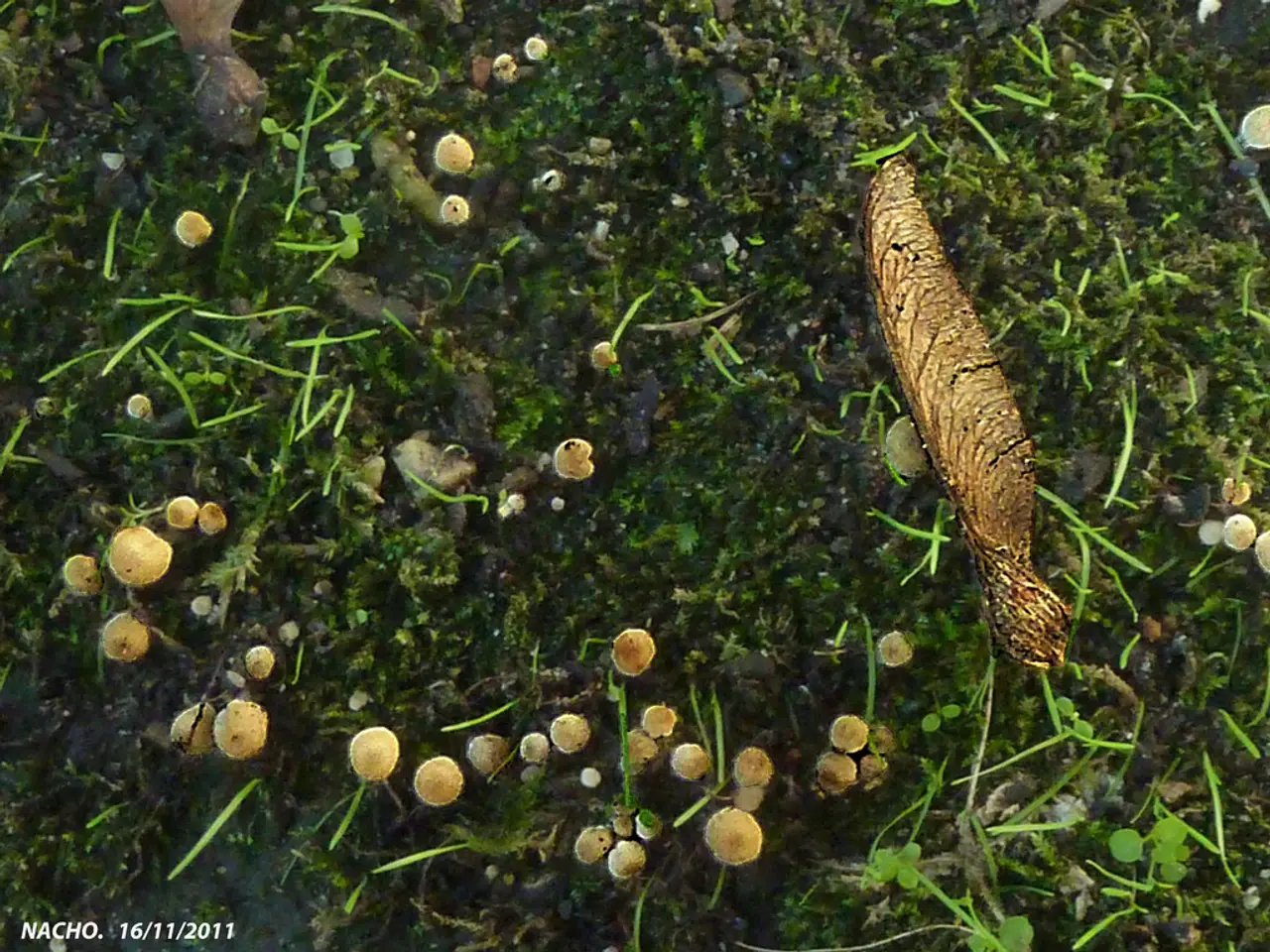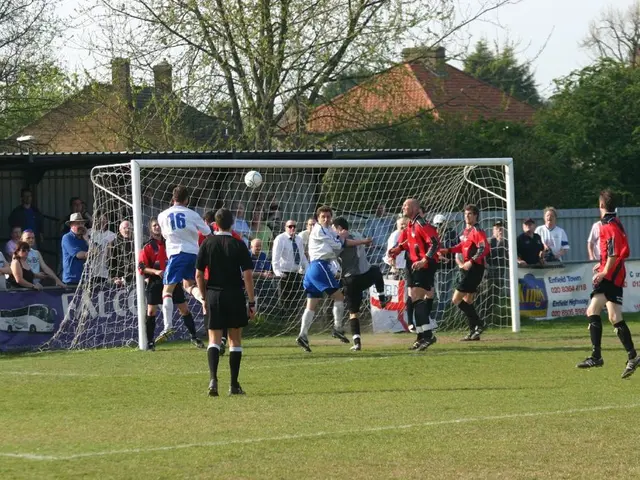Kazakhstan's Investments in GMC Rank at 52nd Position
Kazakhstan's Sliding Ranking in Fraser Institute's Mining Rankings
Kazakhstan, once a top performer in the mining industry, has seen a decline in its ranking in the Fraser Institute's annual Investment Attractiveness Index (IAI) for Mining and Metals. In 2024, the country ranks 52nd out of 82 possible jurisdictions, a significant drop from its best result in 2017 when it ranked 21st out of 91 participants[1].
The Fraser Institute, a Canadian research center, evaluates jurisdictions separately, even for federal states like the US, Canada, or Australia, where each state or province is assessed individually[2]. The ranking is based on the opinions of respondents from among the leaders and specialists of mining companies.
Factors Contributing to Kazakhstan’s Current Ranking and Decline
- High Mineral Production but Regulatory Challenges: Kazakhstan's mining sector has been growing impressively, with significant contributions to exports. Mineral exports surged 40.2% year-over-year to US$84.6 billion in 2022, representing 68% of total exports[1]. However, investor surveys by the Fraser Institute often cite Kazakhstan’s mining policy framework as less stable or transparent compared to top-ranked jurisdictions, posing risks that temper foreign investment enthusiasm.
- Policy and Investment Risk Perceptions: Since 2017, Kazakhstan has faced challenges such as changes in mining laws, complex permitting processes, and concerns over legal certainty for foreign investors. These issues reduce its score on policy and regulatory risk assessments in the Fraser Institute’s Annual Survey of Mining Companies, which weigh heavily in overall rankings.
- Comparative Attractiveness of Other Jurisdictions: As other regions (like Saskatchewan in Canada) enhance exploration incentives and maintain stable governance frameworks, they improve relative to Kazakhstan. For example, Saskatchewan has aggressively boosted critical mineral exploration incentives and maintains strong government support, leading to higher rankings and drawing investment interest away[2].
- Global Market and Geopolitical Factors: While production remains strong, external factors such as global commodity price volatility, geopolitical tensions, and shifting international trade relations might contribute indirectly to investor caution affecting Kazakhstan’s ranking.
In essence, Kazakhstan’s decline in Fraser Institute rankings since 2017 is less about resource potential, which remains high and growing, and more about policy uncertainty, regulatory risk, and comparative governance challenges that deter mining investment despite robust production statistics[1][2].
Notable Figures and Initiatives
- Rysta ALIBEKOVA, the first deputy executive director of the Association of Geological and Metallurgical Enterprises, has been a key figure in the industry.
- Maxim Kononov, an expert, states that the slight improvement in the country's position is due to the state's efforts to digitize and simplify certain procedures in the field of geology and subsoil use, including the launch of the Unified Subsoil Use Platform (minerals.e-qazyna.kz)[3].
- Kazakhstan first entered the Fraser Institute ranking in 2016, ranking 74th out of 104 jurisdictions[4].
[1] https://www.kazakhstaninvest.gov.kz/en/investment-climate/statistics/mining-and-metallurgy [2] https://www.mining.com/kazakhstan-launches-unified-subsoil-use-platform-487715/ [3] https://www.fraserinstitute.org/explore/fraser-institute-investment-attractiveness-rankings/mining-investment-attractiveness-index [4] https://www.fraserinstitute.org/sites/default/files/mining-investment-attractiveness-rankings-2024.pdf
Read also:
- Weekly happenings in the German Federal Parliament (Bundestag)
- Southwest region's most popular posts, accompanied by an inquiry:
- Discussion between Putin and Trump in Alaska could potentially overshadow Ukraine's concerns
- Massive 8.8 earthquake hits off the coast of Russia's Kamchatka Peninsula, prompting Japan to issue a tsunami alert.






